Earlier this summer, an article by Eric Lerner put the dominant theory about the origin of the universe into question. On October 1st, at the HowTheLightGetsIn festival in London, Lerner took part in a live debate on “Cosmology and the Big Bust”, alongside theoretical physicist Julian Barbour and astrophysicist Claudia Maraston. Their exchanges shed light on the cracks of the theory concerning inflation, dark matter, and dark energy, as well as on the nature of scientific revolutions, and ultimately on why the Big Bang theory isn’t going anywhere any time soon.
In the beginning, there was chaos. At least that’s according to Hesiod’s Theogony, a poem about the creation of the cosmos thought to be articulated around the 8th century BC. Stories about the origin of the universe probably go further back than even that, but it’s safe to say that for at least three millennia humans have been positing hypotheses about how the world we see around us today came into existence. The Big Bang is the latest of these hypotheses, and while most physicists will be quick to protest that there is a huge difference between ancient myth and scientific theory, not everyone agrees.
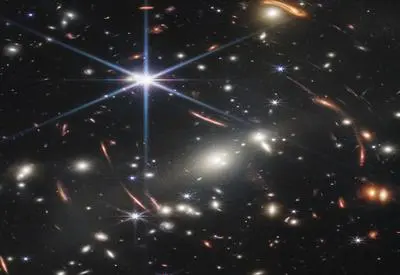 SUGGESTED READING
The Big Bang didn't happen
By Eric J. Lerner
SUGGESTED READING
The Big Bang didn't happen
By Eric J. Lerner
There are those, like Sabine Hossenfelder, who think that physics will probably never be able to tell us how the universe came about and argue that we should think of the Big Bang theory as little more than another creation myth. And then there is Eric Lerner. The author of a recent article “The Big Bang Didn’t Happen” that went viral, Lerner articulated a challenge to the current scientific consensus in cosmology that caused quite a stir. On October 1st, at the HowTheLightGetsIn festival in London, Lerner took part in a debate with theoretical physicist Julian Barbour and astrophysicist Claudia Maraston, putting some challenges to the Big Bang theory to the test, in front of a live audience. Despite the explosiveness of the topic, the debate was civil, even if heated.
___
In Karl Popper’s terms, Lerner thinks the Big Bang theory has been falsified – it has made predictions, and observation has contradicted them – therefore, the theory needs to be rejected.
___
For Lerner, science is all about predictions, and according to him, the Big Bang theory has systematically failed to make accurate predictions. Instead, it has required constant adjustment and the postulating of auxiliary hypotheses like inflation – the theorised extremely rapid expansion of the universe in its very early moments – and mysterious (and yet unobserved) entities like dark matter and dark energy, in order to help the theory fit the increasingly recalcitrant observations. In Karl Popper’s terms, Lerner thinks the Big Bang theory has been falsified – it has made predictions, and observation has contradicted them – therefore, the theory needs to be rejected. The latest piece of evidence that Lerner believed contradicts the Big Bang Theory comes from the hauntingly beautiful images of the James Webb Telescope. What these images seem to show is that the most distant galaxies that we have now been able to witness are a lot smaller than we would expect to see under the Big Bang framework.
___
Maraston added that as an astrophysicist who studies the light spectrum of distant galaxies, she believes some data from the James Webb Telescope are not robust and were published prematurely.
___







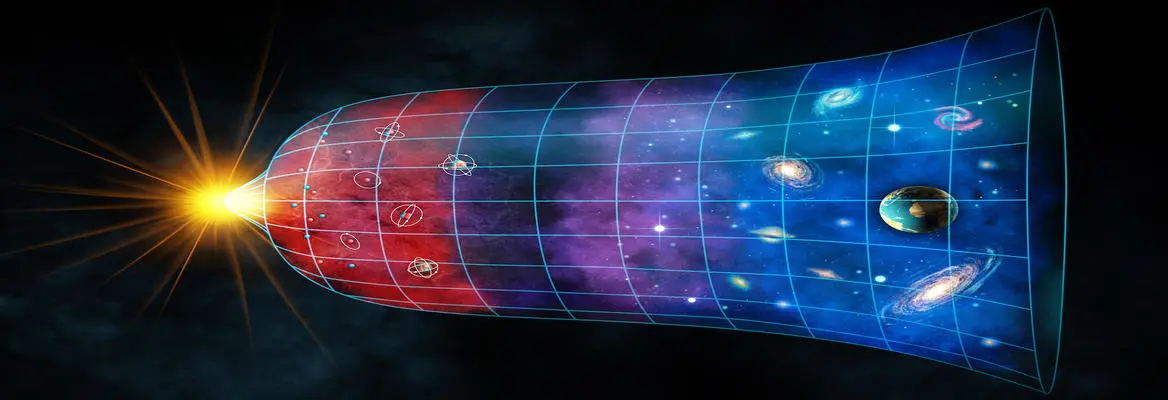


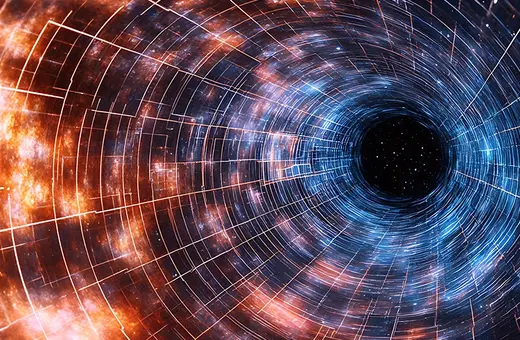
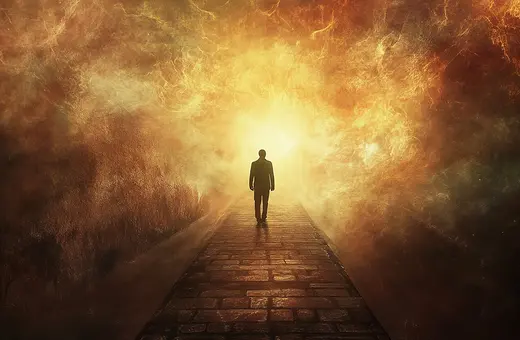

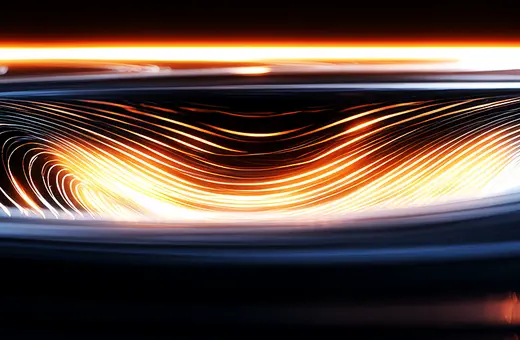



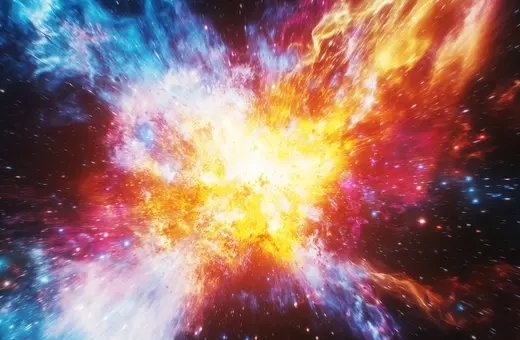



Join the conversation